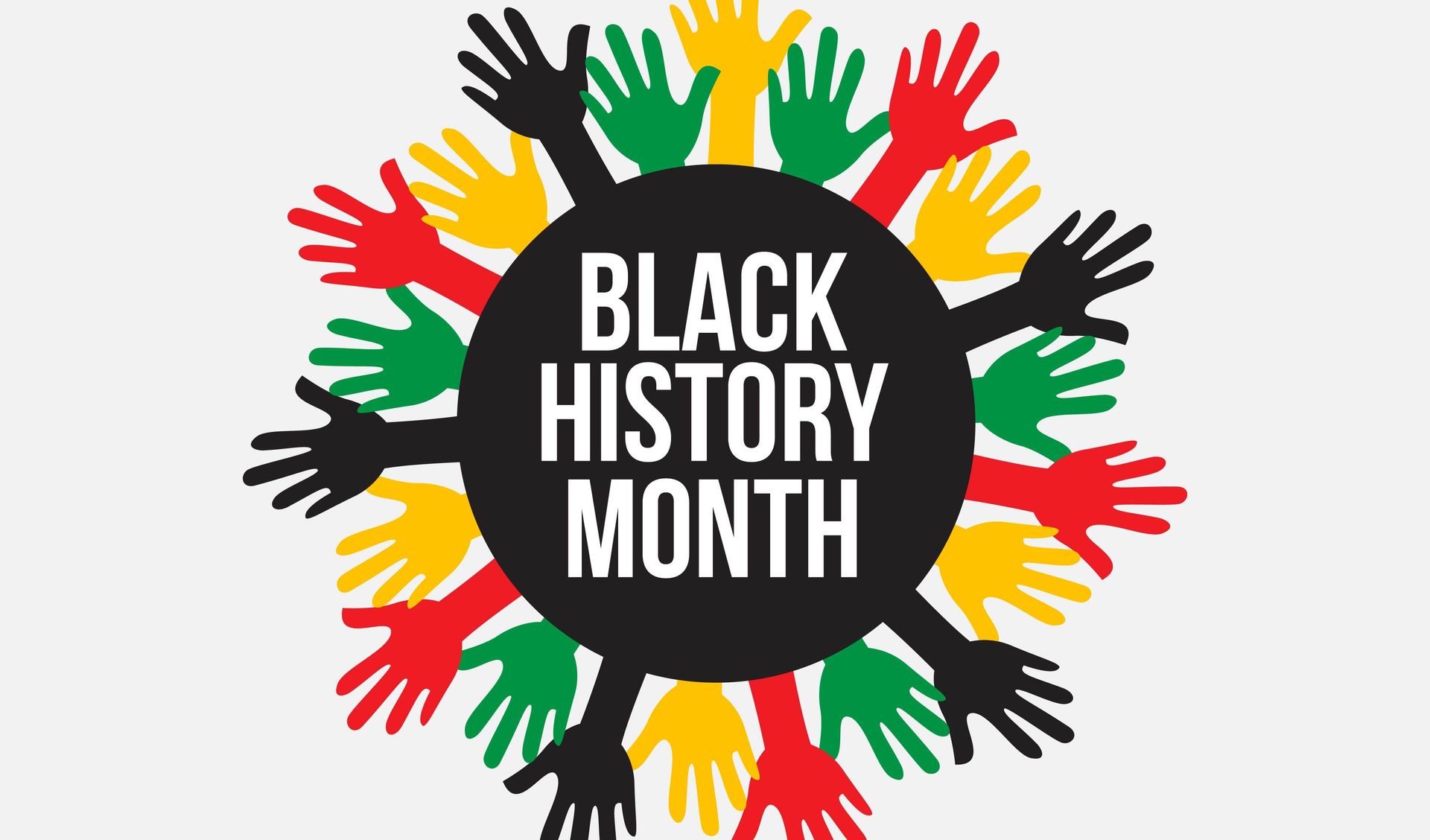The Value of Black Tech History to Aspiring Black Software Engineers
It is time to reveal the contributions of African Americans in the field of Computing.

Understanding the contributions of Black Americans to computer technology can be deeply inspiring for African Americans pursuing careers in this field. Not only does it help build a sense of identity and pride, but it also offers practical career motivation and examples of overcoming systemic barriers. A knowledge of Black technological pioneers enables future generations to see themselves in the history of innovation, while fostering a sense of purpose and community.
One key example is Dr. Mark Dean, a pivotal figure in the development of the personal computer. Dean was an engineer at IBM who co-created the first PC and was instrumental in developing the color PC monitor and the first gigahertz chip. In fact, Dean holds three of IBM's original nine patents for the personal computer. His work is an example of how Black engineers have shaped the very infrastructure of modern computing. For young African Americans entering the tech industry, Dean’s story is a testament to the fact that they can be more than users of technology—they can be its creators and leaders.
Another notable figure is Katherine Johnson, the mathematician and physicist whose work was crucial to NASA’s space missions. While she is often associated with space exploration, her contributions to computer science are equally significant. Johnson used early computers to perform complex calculations that would guide astronauts safely to space and back. Her ability to merge mathematics and computer programming showed how technology could solve humanity’s most challenging problems. For those pursuing a career in computer science, Johnson’s story demonstrates how a mastery of technology can lead to groundbreaking advancements in any field.
The connection between Black history and technology is also deeply tied to civil rights and social justice. Technologists like Clarence "Skip" Ellis, the first African American to earn a Ph.D. in computer science, believed that technology should empower underrepresented communities. Ellis contributed to the development of collaborative software that laid the foundation for today's digital workplace. His work underscores the idea that technology can be used as a tool for equity and empowerment, aligning with larger movements for social justice.
Incorporating this history into tech education encourages African Americans to see themselves as part of a legacy of innovation, and it highlights the possibility of using technology to address the challenges their communities face. Learning about these pioneers provides both inspiration and a roadmap for success, illustrating how African Americans have, and will continue to, transform the field of technology.










